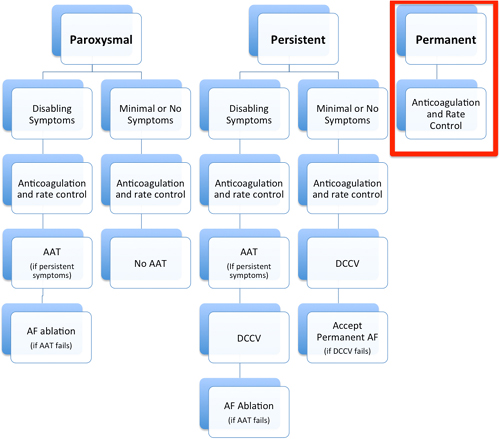

In this contemporary cohort of US patients aged 65 and above who underwent atrial fibrillation/atrial flutter ablation, females had a 7% higher risk of complications compared to males, which primarily stemmed from a higher rate of complications among White females.Ģ. Piccini is supported by R01HL128595 from the National Heart, Lung and Blood Institute and receives grants for clinical research from Abbott, American Heart Association, Association for the Advancement of Medical Instrumentation, Bayer, Boston Scientific, NIH, and Philips and serves as a consultant to Abbott, Abbvie, Ablacon, Altathera, ARCA Biopharma, Biotronik, Boston Scientific, Bristol Myers Squibb, LivaNova, Medtronic, Milestone, ElectroPhysiology Frontiers, Itamar, Pfizer, Sanofi, Philips, ResMed, and Up-to-Date.ġ. Friedman has received: research grants from the American Heart Association, National Cardiovascular Data Registry, Boston Scientific, Abbott, Medtronic, Merit Medical, and Biosense Webster and consulting fees from Abbott, AtriCure, and Sanofi. Jackson currently receives research support from the National Heart, Lung and Blood Institute under award number 1K01HL159041, from the American Heart Association under award number 851386 and serves as a consultant to Biosense Webster, Johnson and Johnson, Pfizer, and Sanofi and receives honoraria from Medtronic Inc., WebMD/Medscape, CME Outfitters, PRIME Education, Zoll Life Vest, and Health Monitor, and Alliance for Aging Research. SSS occurring spontaneously or as a result of necessary drug therapy, with heart rate less than 40 bpm when a clear association between significant symptoms consistent with bradycardia and the actual presence of bradycardia has not been documented.Diane Francis, Sonia Maccioni, Vincent Thomas, Jennifer Wood, Rahul Khanna, Charlene Wong, and Neloufar Rahai are Johnson & Johnson employees. In some patients, bradycardia is iatrogenic and will occur as a consequence of essential long-term drug therapy of a type and dosage for which there are no acceptable alternatives. SSS with documented symptomatic bradycardia, including frequent sinus pauses that produce symptoms. 5 Furthermore, there is no definitive way to distinguish patients with atrial fibrillation associated with sick sinus syndrome from patients with atrial fibrillation and normal sinus function this distinction is clinically important because treating atrial fibrillation with cardioversion or medications can have catastrophic consequences if the sinus node is inadequate. 2 If the patient is asymptomatic when ECG or ambulatory monitoring is performed, the dysrhythmias of the syndrome are often not present. 5 Symptoms of sick sinus syndrome may be variable, intermittent, and difficult to associate with ECG changes. 9 Some symptoms of patients with sick sinus syndrome (e.g., fatigue, irritability, memory loss, lightheadedness, palpitations, cognitive defects) are present in several other disorders that occur in elderly patients and may be misdiagnosed as those of senile dementia. The condition often goes undetected in the early stages because only sinus bradycardia may be present at its origin. The diagnosis of sick sinus syndrome may be difficult because of the slow and erratic course of the syndrome.


 0 kommentar(er)
0 kommentar(er)
